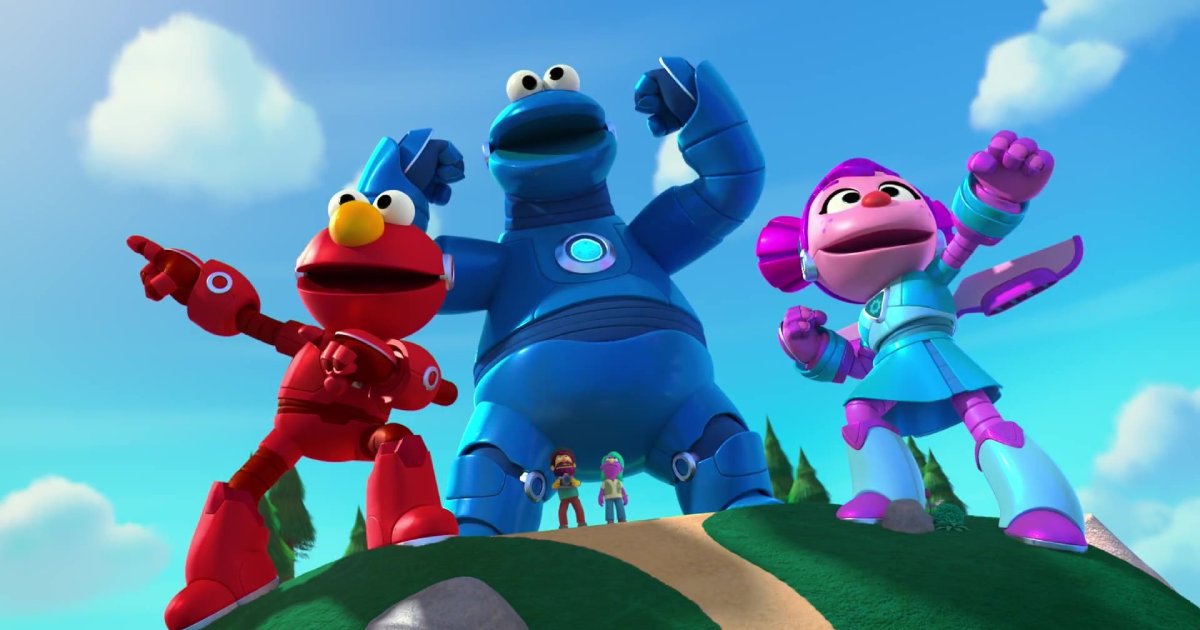Licensing’s New Take on Nostalgia

By Mark Seavy
The nostalgia trend that swept the licensing industry in 2024 will continue this year, with a twist.
Retailers remain cautious in placing bets on unproven properties, which has given evergreen brands an edge in a consumer products market where nostalgia continues to dominate.
While retail has been focused on these classic brands, however, new content from streaming services, YouTube, and social media has been competing for consumers’ attention.
This shift was underscored by Warner Bros. Discovery’s decision last month not to renew its deal with Sesame Workshop to air new Sesame Street episodes on its Max service, which will focus on adult and family programming moving forward. The decision ended a nearly 10-year run for Sesame that began with HBO, an agreement that itself upended the brand’s 40-year partnership with PBS. Max will continue to license episodes from the Sesame library through 2027 and the 55th season is airing this month.
The parting of Warner Bros. Discovery and Sesame underscored this shift away from the cable and broadcast TV content that was previously a licensing staple. But the content that is now launching across YouTube or social media often lacks the same staying power as content from the past, which makes launching new products based on these IPs riskier.
Instead, companies are digging deeper into well-known IPs to find new characters. One example is when Grogu (AKA Baby Yoda) first appeared in the Star Wars series The Mandalorian in 2019 and became a licensing sensation for Mattel. More recently, the Star Wars series Skeleton Crew launched on Disney+ in early December with a character named Neel that quickly became part of Hasbro’s Black Series of collectibles.
“The audience migration is extraordinary, and people are consuming things more often,” said Bill Graham, President at toymaker PhatMojo, which didn’t renew earlier licenses for brands like Rick & Morty, Steven Universe, and others, choosing to instead shift focus to Roblox developers and games for licensing. “If you look at the peak numbers for cable, those are audiences that Roblox sees every day. There are pockets [of content] that are strong and vibrant, but they are not there for cable [because] the audiences have moved elsewhere.”
Yet while viewership of the various channels has shifted, that doesn’t lessen the luster of the characters created for those classic programs, licensing industry executives said. In many cases, characters like SpongeBob or Elmo are at times viewed separately from the programs they appear in. And, in many cases, IP owners have licensed or deployed the programming and characters outside of the flagship show.
In the case of Sesame Street, Sesame Workshop has produced content for YouTube (25.2 million subscribers), TikTok (1.4 million followers), and Instagram (1.4 million followers) and also has a game on Roblox (Sesame Street Mecha Builders). It also has corporate sponsorships, including one with United Airlines where Oscar the Grouch serves as the “Chief Trash Officer.”
And while Warner shut down Cartoon Network’s website last year, content remains available through its app and social media sites like YouTube, Facebook, and Instagram, as well as connected TV services like Roku, Apple TV, and Amazon.
Cartoon Network (Dexter’s Lab, The Powerpuff Girls, Steven Universe, Teen Titans, and others) and Paramount’s Nickelodeon (SpongeBob SquarePants, Hey Arnold!, Rugrats, The Ren and Stimpy Show, and others) were once prime sources for licensing. But their popularity decreased as viewership declined. Nickelodeon had 1.31 million daily viewers in 2016, but that declined 96% by 2023. And Cartoon Network, which had 969,000 daily viewers, fell 85% during the same period. This decline can be seen across brands, with the number of U.S. pay TV households decreasing to 70 million at the end of 2024 from 94.9 million nine years earlier.
The new nostalgia trend, however, can allow these classic characters (or new characters from classic properties) to experience new life through emerging platforms.
“The brands are going to rise and fall on the strength of the individual franchises,” said Julian Montoya, SVP at The Noble Collection, which has collectible and prop replica licenses for Harry Potter, Minecraft, Jurassic Park, and others. “You can’t always be sure what will happen to the overall brand. Elmo, for example, will stick around. He will be with us whether it is old content on YouTube or a focus on characters within the franchise.”




